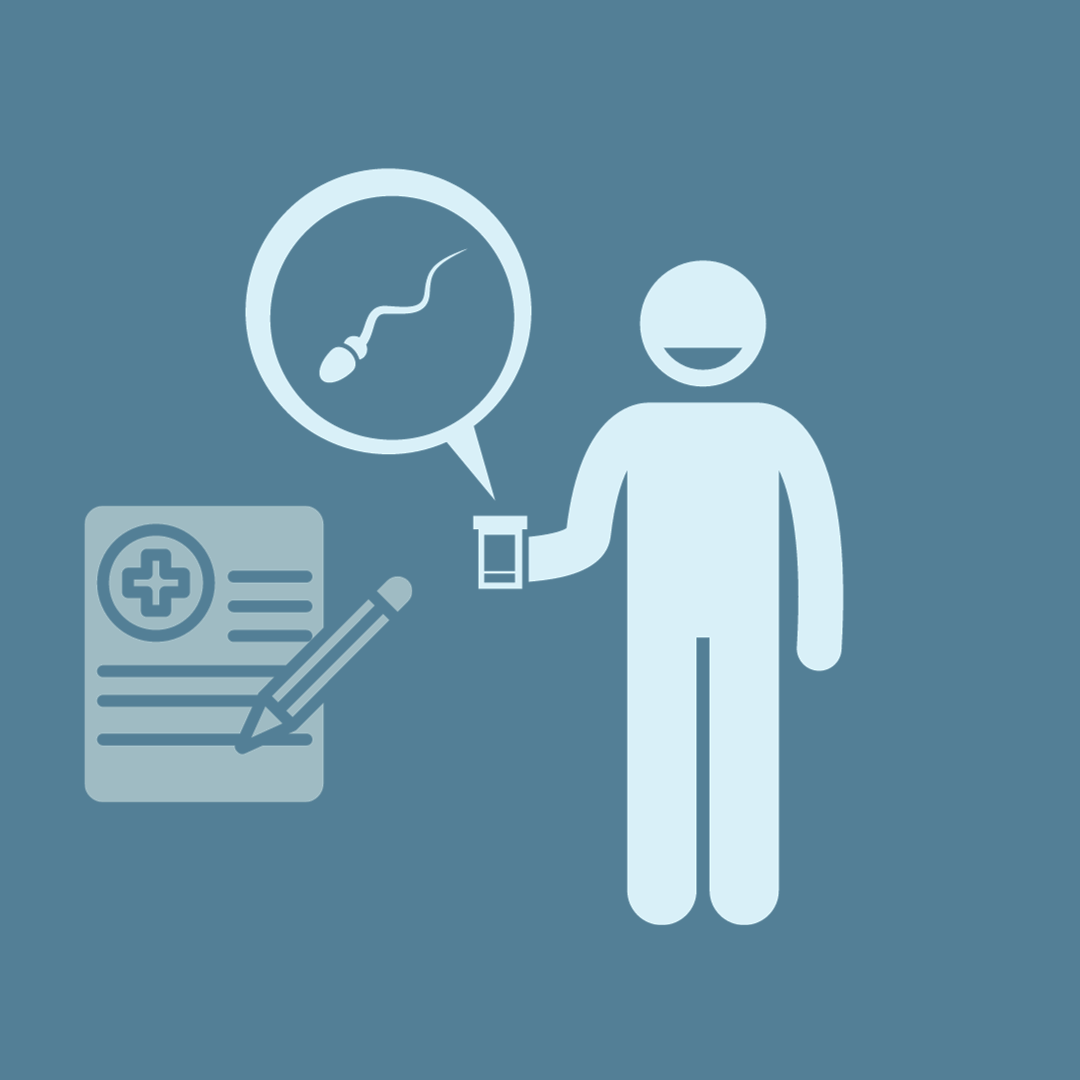Why Anonymous Sperm Donation Is Over, and Why That Matters
By Emily Bazelon,
The New York Times
| 12. 03. 2023
A few years ago, when he was in his early 30s, Tyler Levy Sniff took a home DNA test he received as a gift. The results revealed a staggering truth: His father wasn’t biologically related to him. Levy Sniff confronted his parents, who explained that after years of trying and failing to have a baby, they turned to a sperm donor. Following the standard advice at the time, they decided not to tell him for fear of driving a wedge into their family.
Levy Sniff felt as if he’d found a key to his identity that he was looking for. “It made sense of why I felt different from my family,” he said recently. He wanted more information about the person he called his “bio father” to understand his genetic heritage. “It was so important to me to know my bio father’s life story, his personality and talents and struggles,” Levy Sniff says.
But by the time he found his donor, through relatives on two genealogy websites, the man had died — another revelation that shattered him, he says. To...
Related Articles
By Jenn White, NPR | 02.26.2026
By Vittoria Vardanega, SWI swissinfo.ch | 02.13.2026
In recent years, sperm donation has produced family trees of unprecedented size, stretching across countries and, in some cases, continents. Stories of “mass donors” have captured public attention, most recently through the Netflix documentary series, The Man with 1,000 Kids...
By Ava Kofman, The New Yorker | 02.09.2026
1. The Surrogates
In the delicate jargon of the fertility industry, a woman who carries a child for someone else is said to be going on a “journey.” Kayla Elliott began hers in February, 2024, not long after she posted...
By Alex Polyakov, The Conversation | 02.09.2026
Prospective parents are being marketed genetic tests that claim to predict which IVF embryo will grow into the tallest, smartest or healthiest child.
But these tests cannot deliver what they promise. The benefits are likely minimal, while the risks to...




